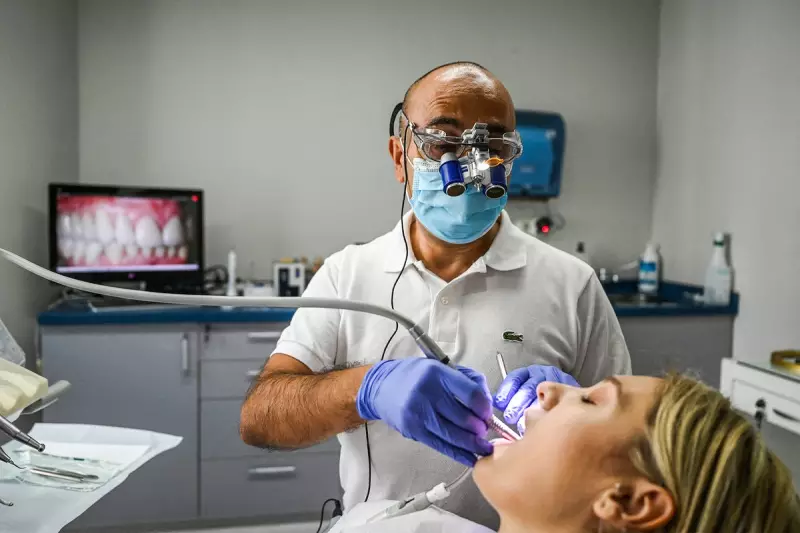
In a development that could transform dental care worldwide, British scientists have created a revolutionary gel capable of regenerating damaged tooth enamel, potentially making painful fillings a thing of the past.
The Science Behind the Miracle Gel
Researchers have engineered a special peptide-based hydrogel that actively encourages the natural regrowth of tooth enamel – the hard, protective outer layer of our teeth that, once damaged, was previously considered irreparable by the human body.
This groundbreaking treatment works by forming a thin film over damaged areas, creating the perfect environment for new enamel crystals to develop. Unlike current dental treatments that merely patch problems, this innovative approach addresses the root cause of tooth decay by stimulating natural regeneration.
How This Changes Everything
The implications for dental health are enormous:
- Natural enamel restoration without drilling or injections
- Prevention of cavities before they require fillings
- Reduced risk of infections and tooth sensitivity
- Potential to repair early-stage tooth decay painlessly
- Long-term protection against future damage
A New Era in Preventive Dentistry
This breakthrough represents a significant shift from reactive to preventive dental care. Instead of waiting for cavities to form and then drilling them out, dentists could soon apply this gel during routine check-ups to strengthen vulnerable areas and reverse early damage.
"This could fundamentally change how we approach dental treatment," explained one researcher involved in the project. "We're moving from repair to regeneration, which is exactly what modern medicine should be about."
What Comes Next?
While the initial laboratory results are promising, the research team is now focusing on clinical trials to ensure the treatment's safety and effectiveness in human patients. If successful, this gel could become a standard part of dental check-ups within the next few years.
The technology also shows potential for treating tooth sensitivity and protecting against acid erosion – common problems that affect millions of people worldwide.
This British innovation could not only save countless patients from the dentist's drill but also significantly reduce healthcare costs by preventing serious dental problems before they develop.





